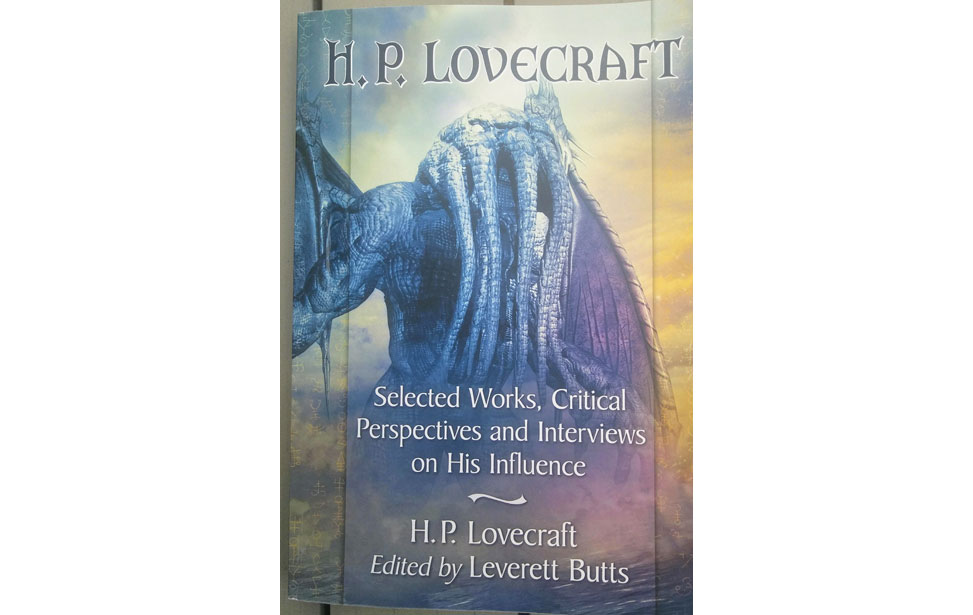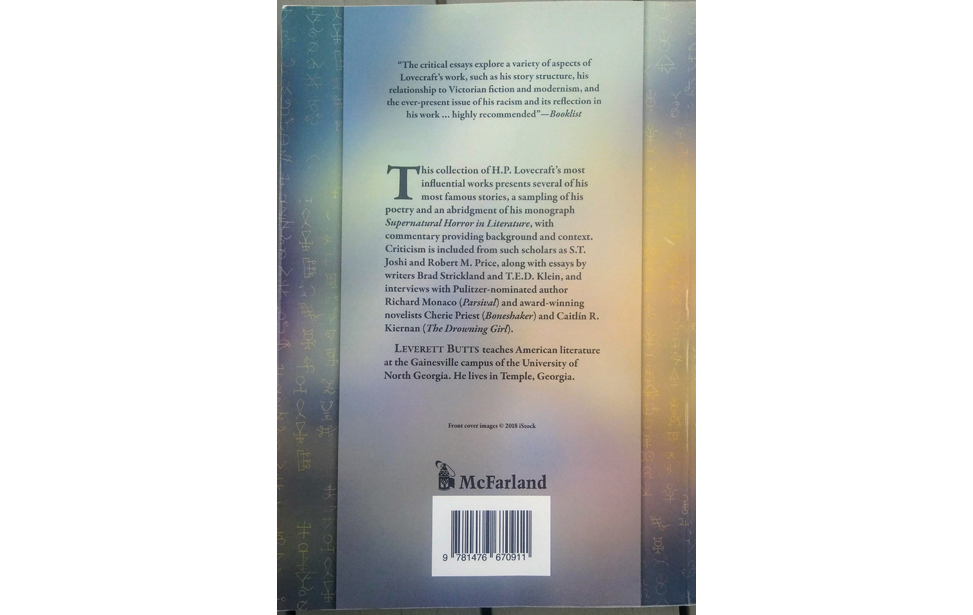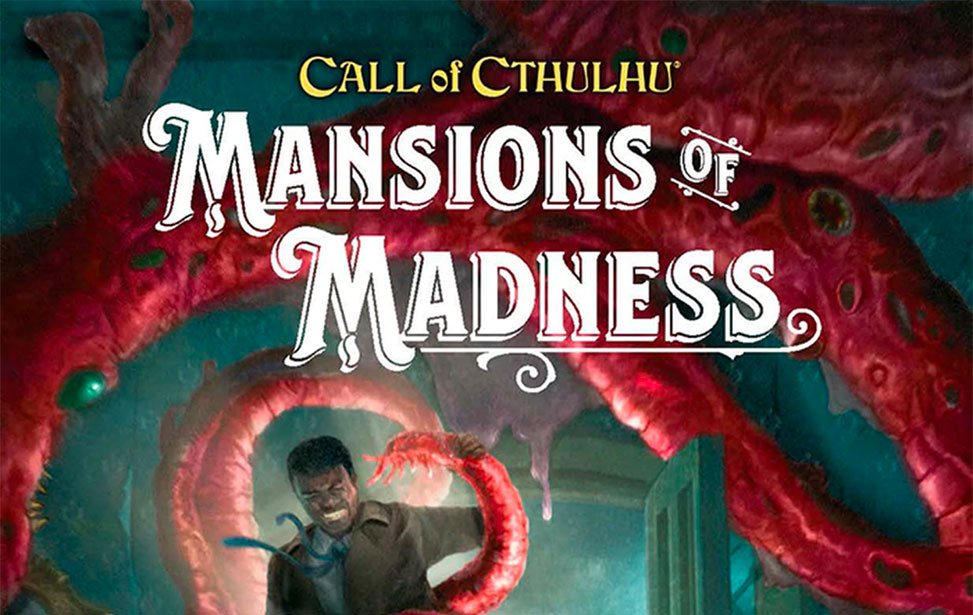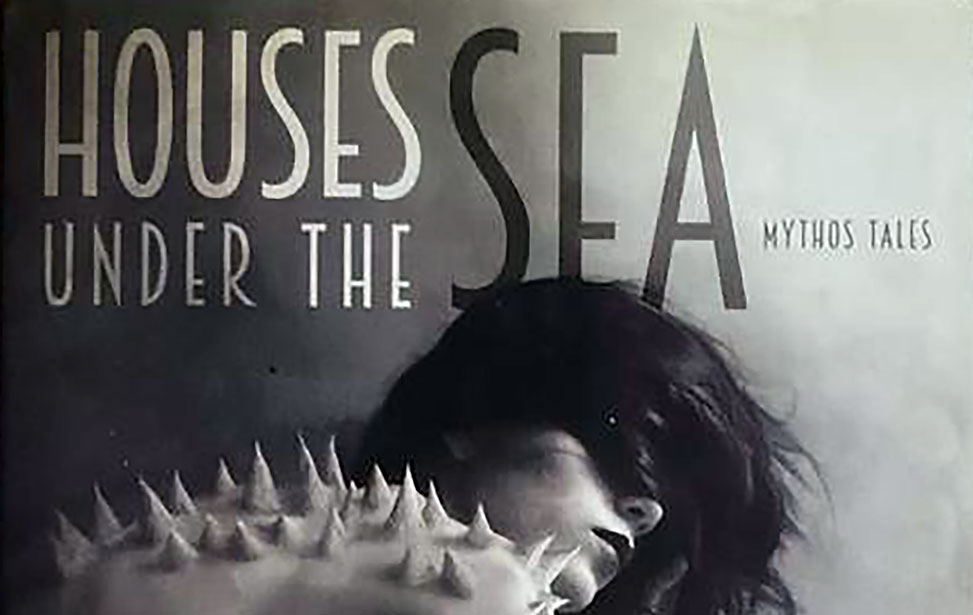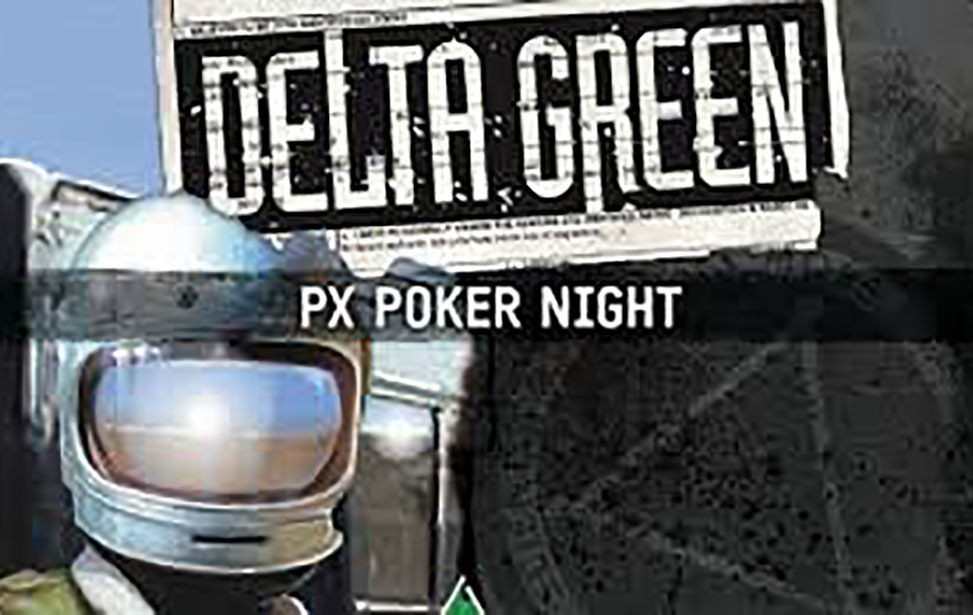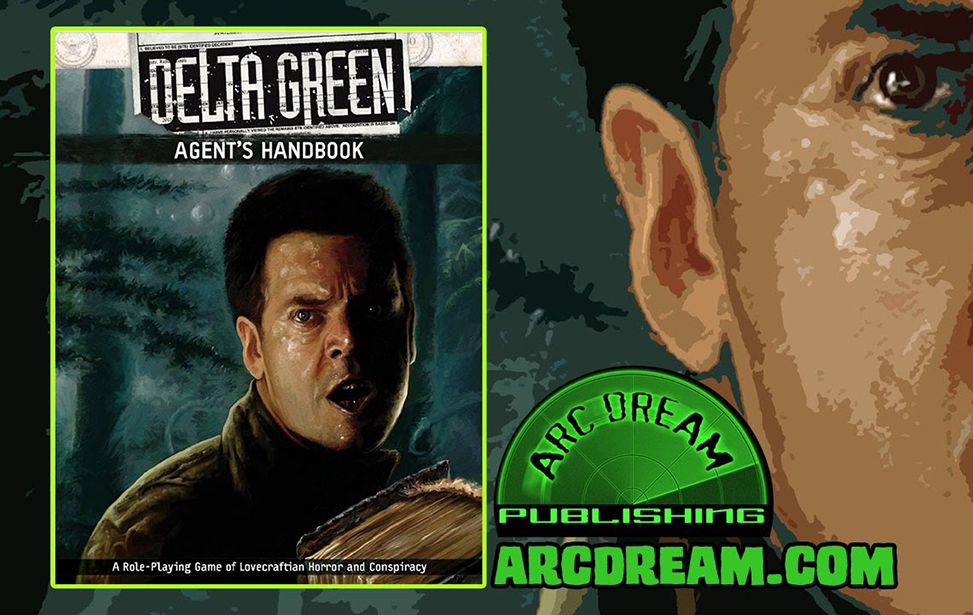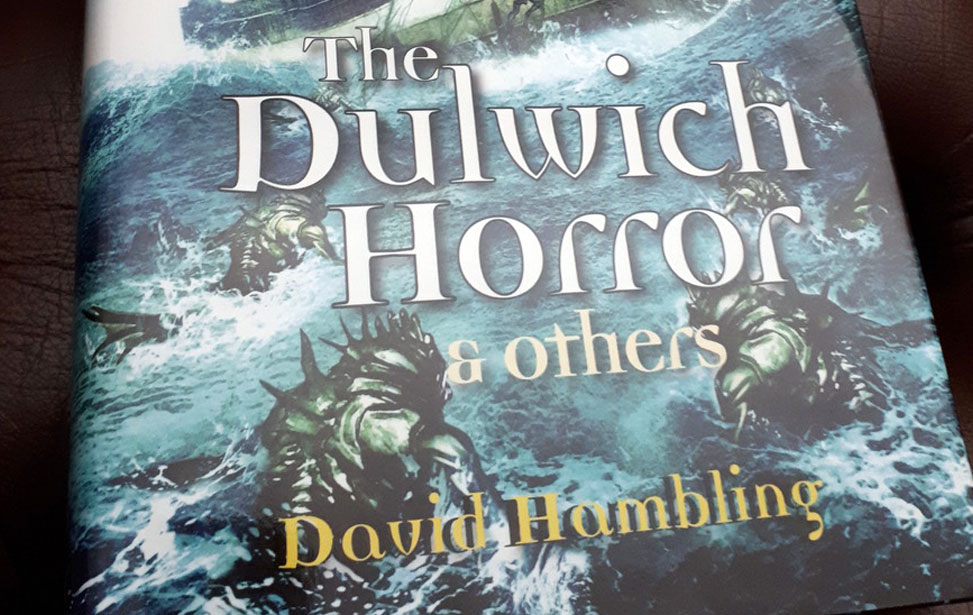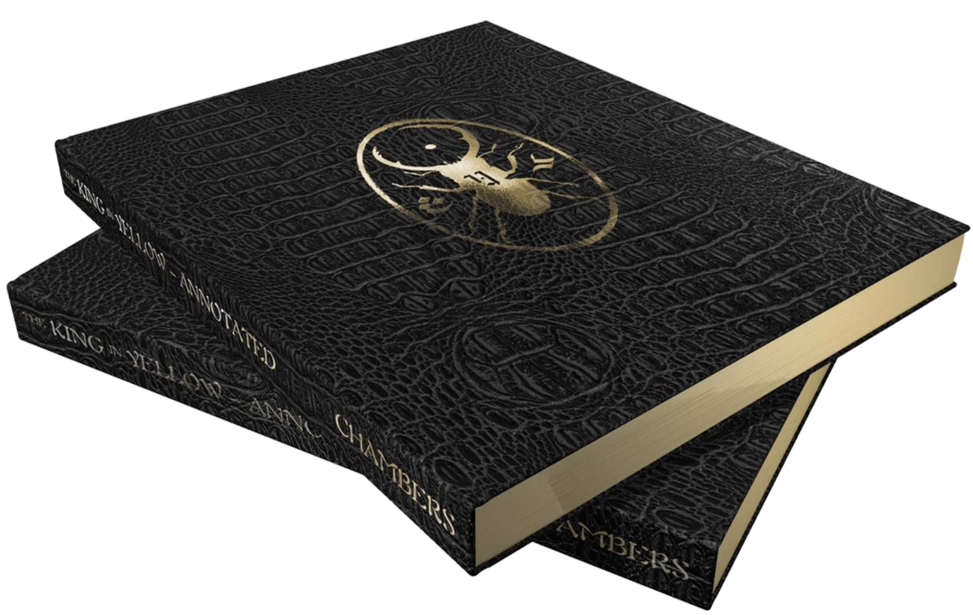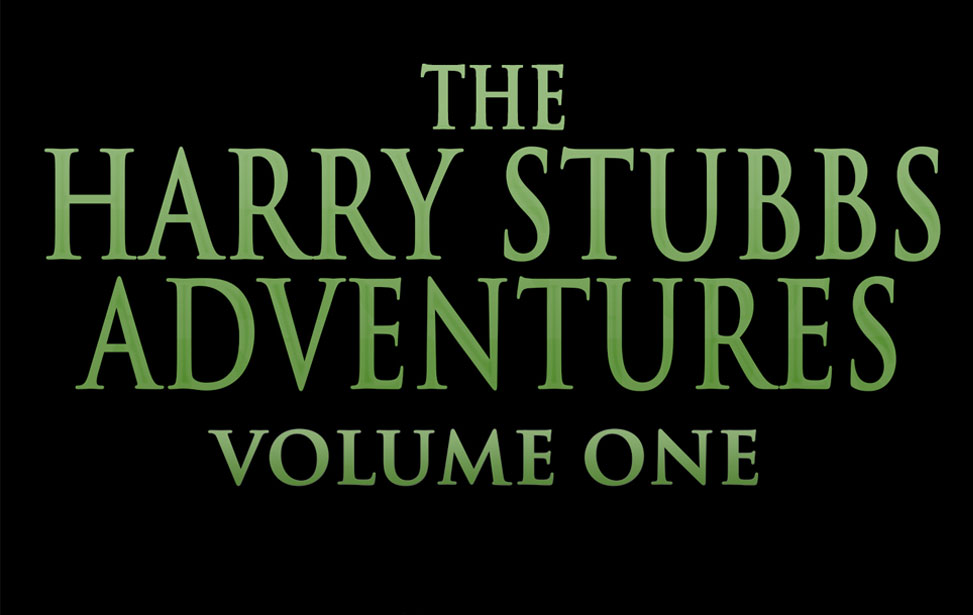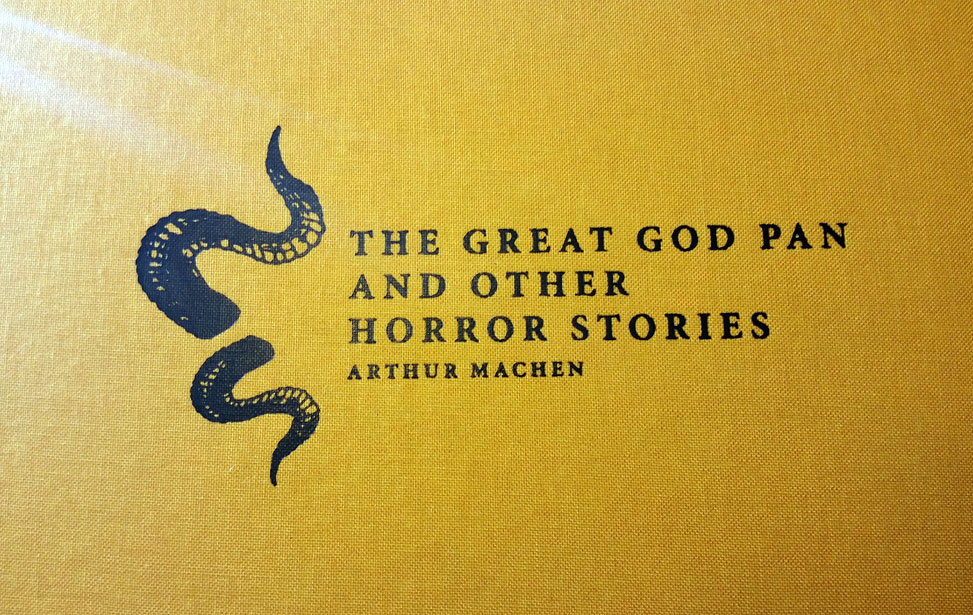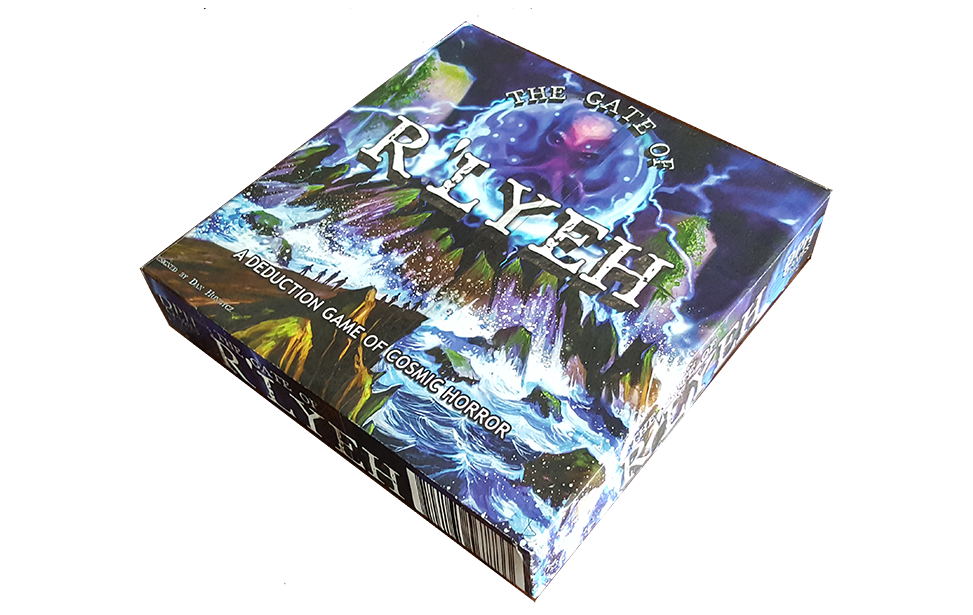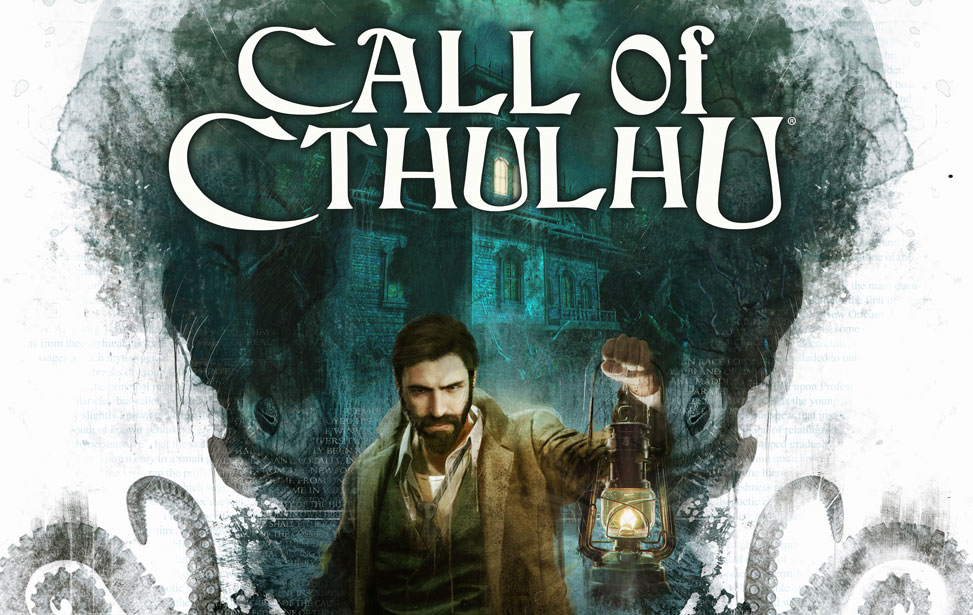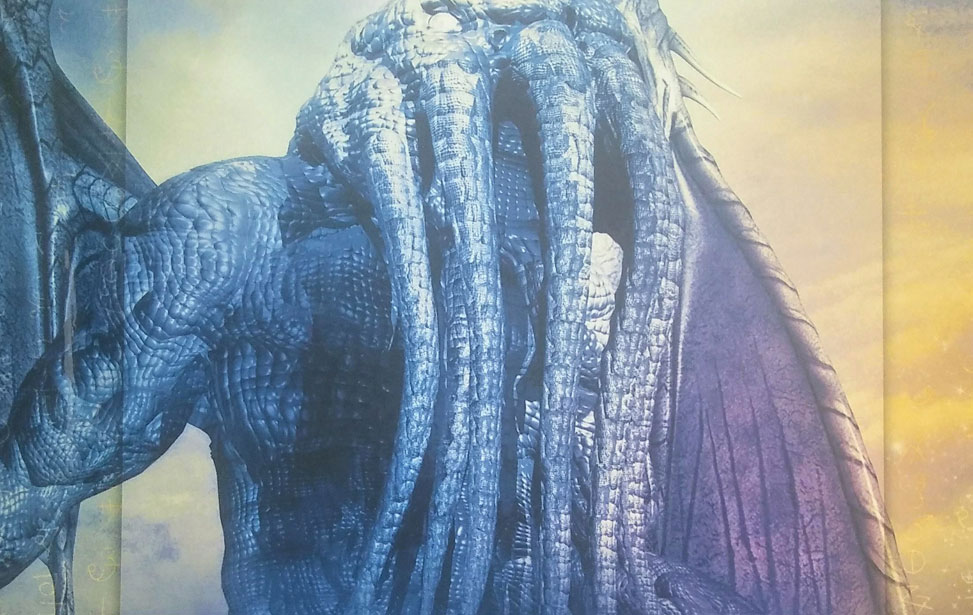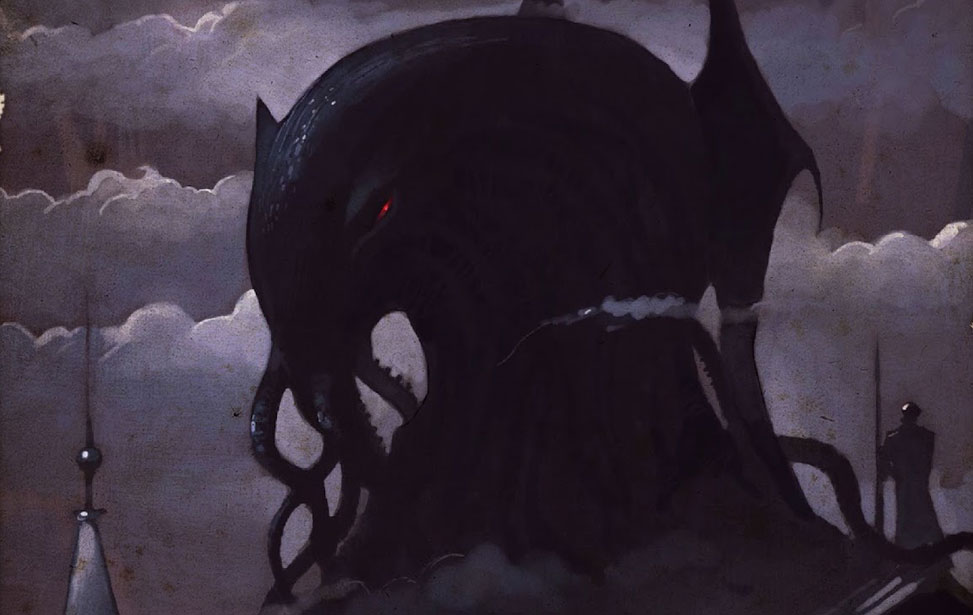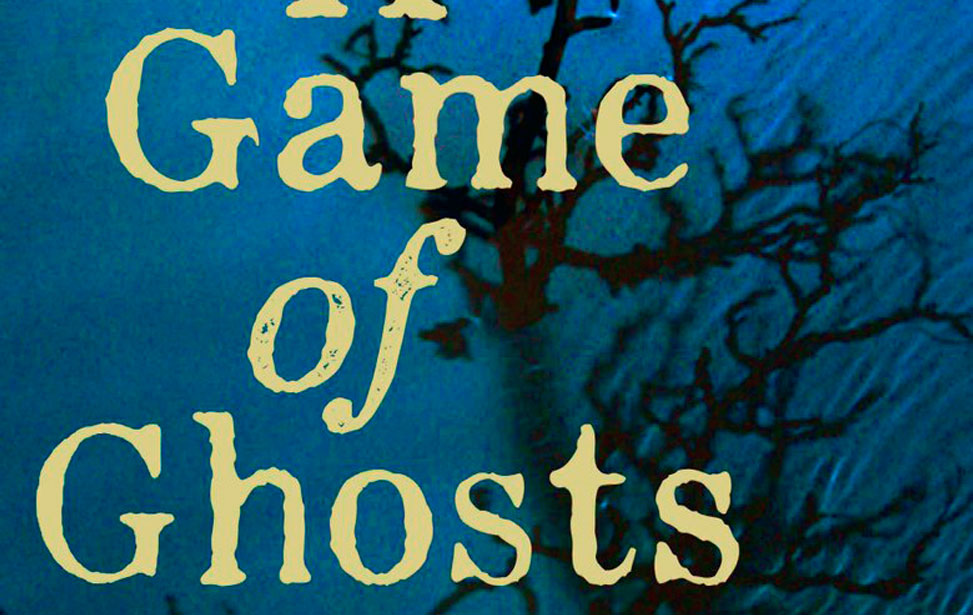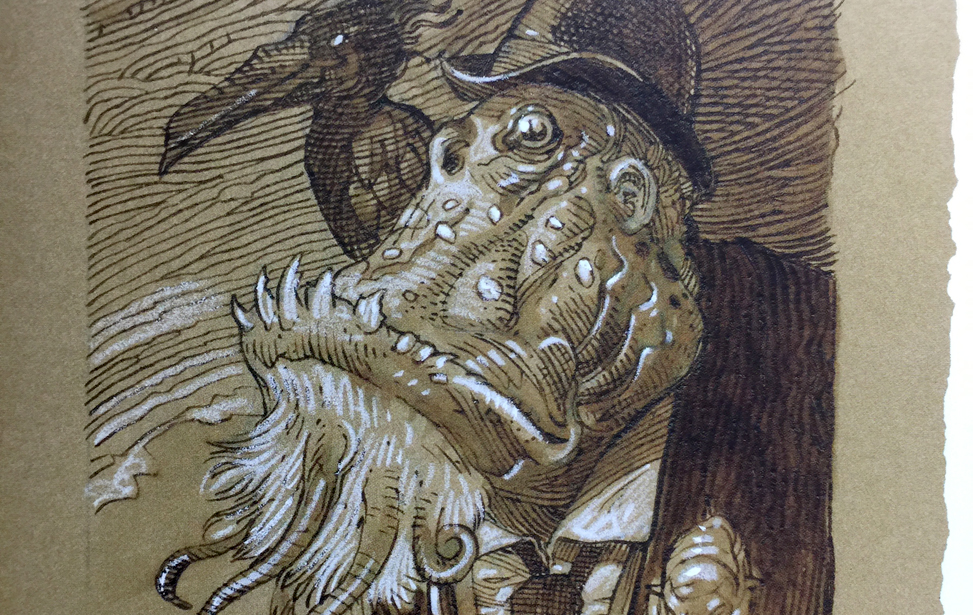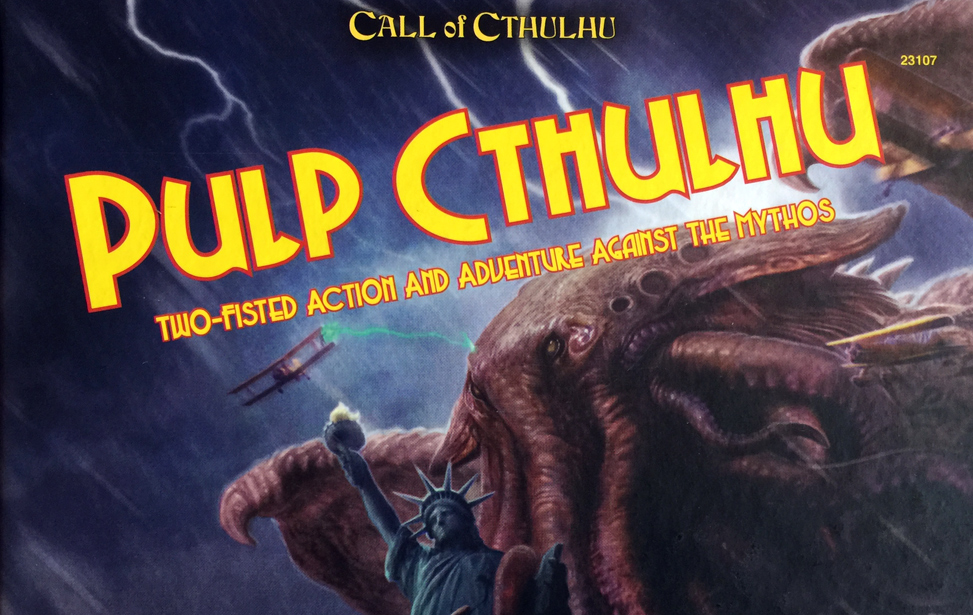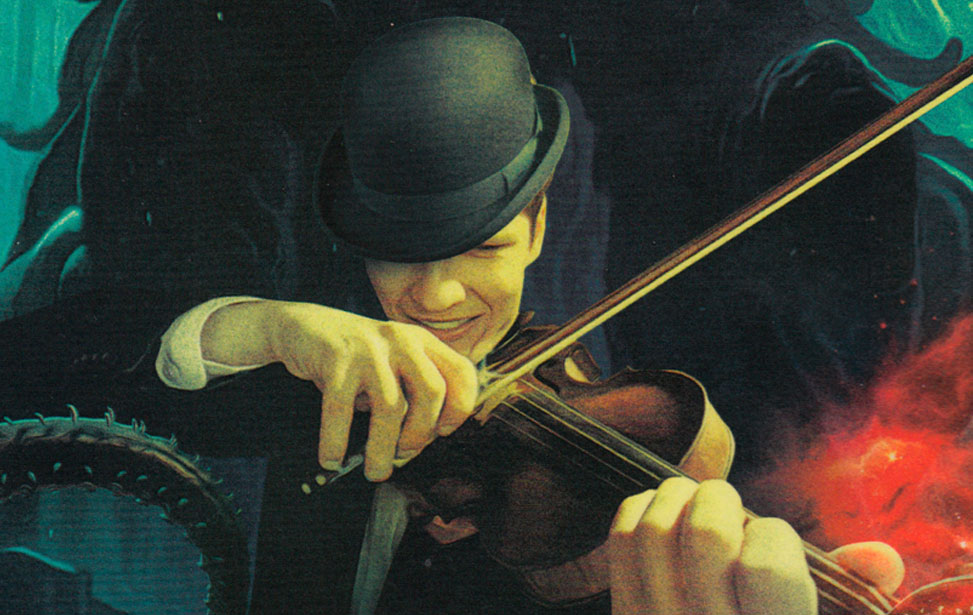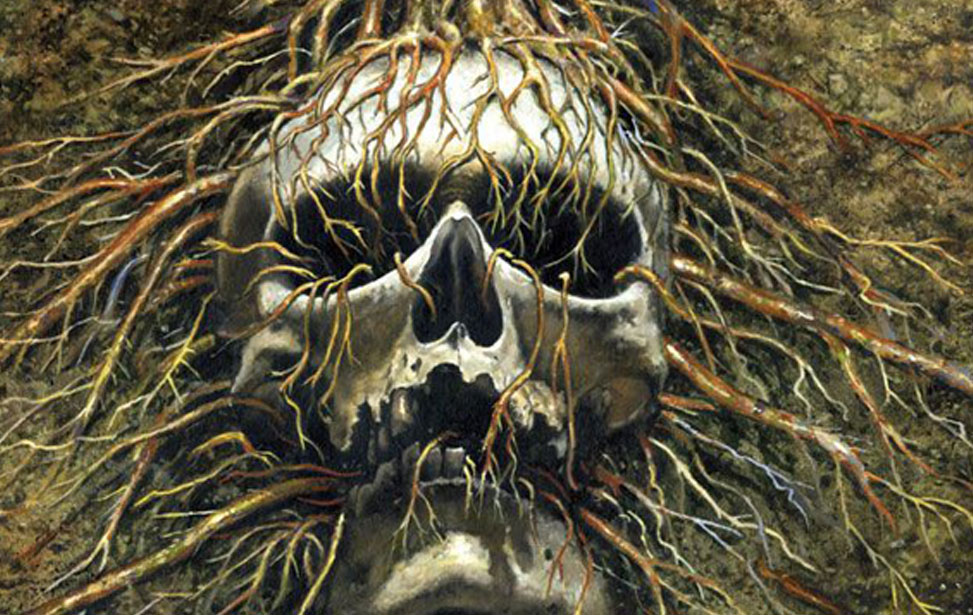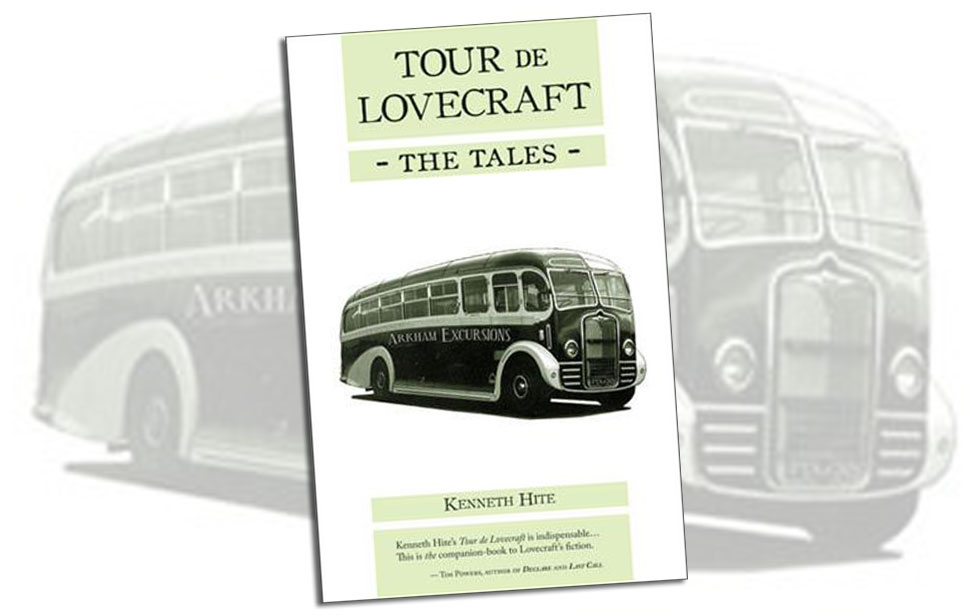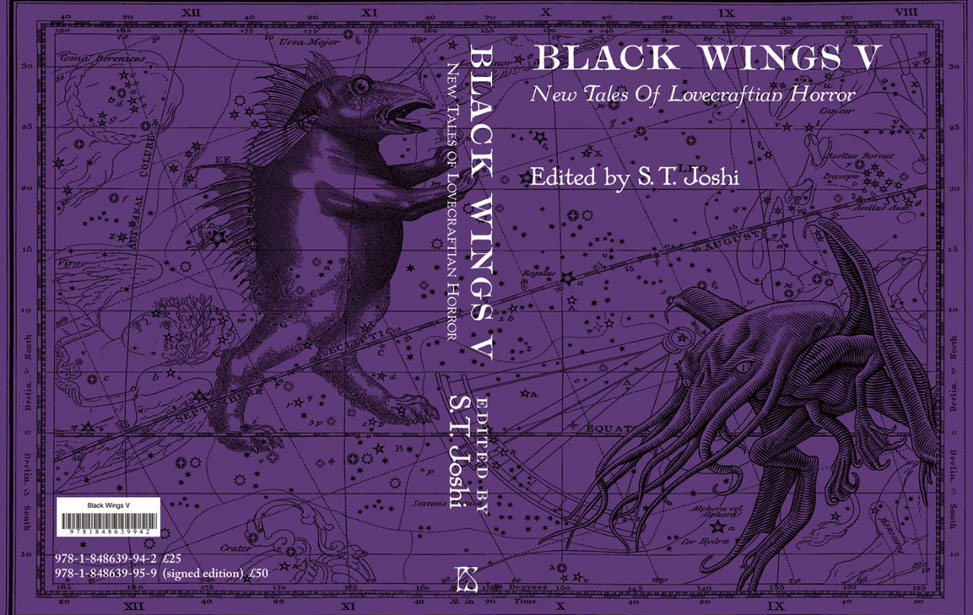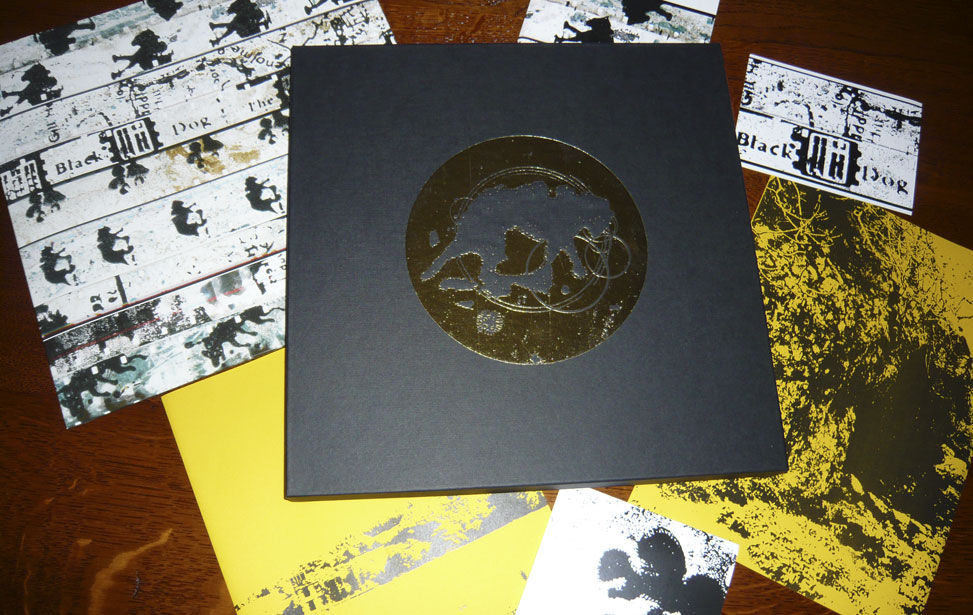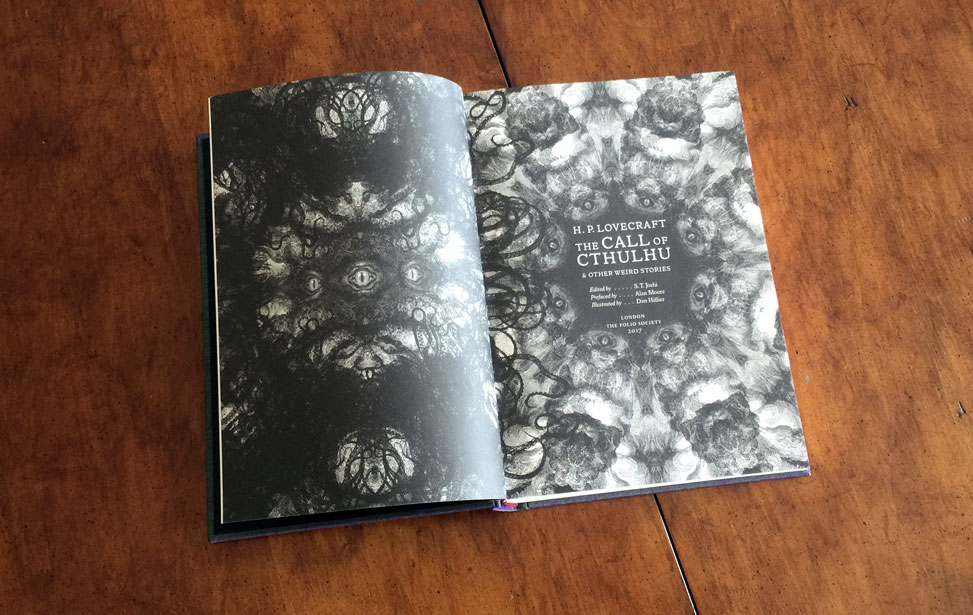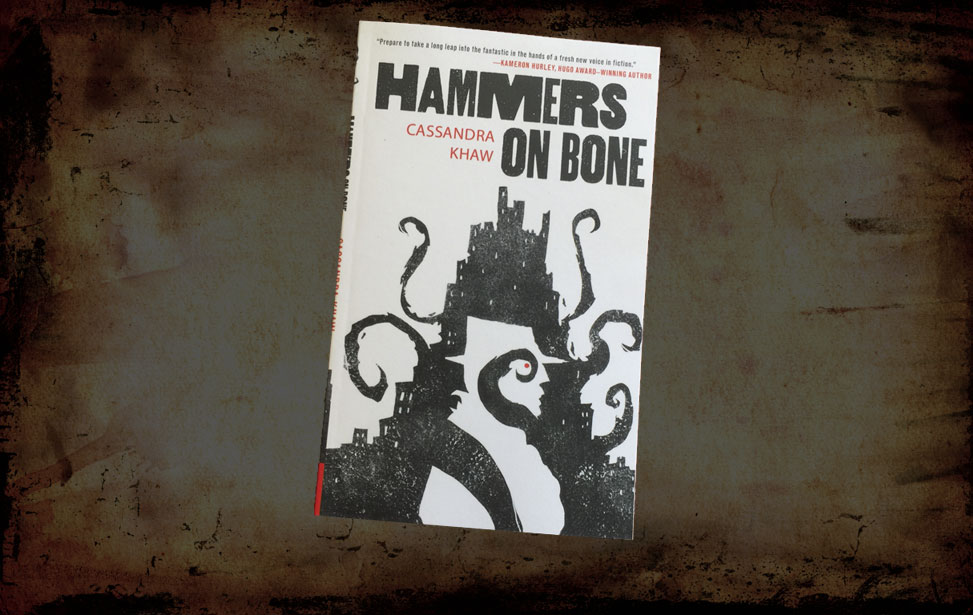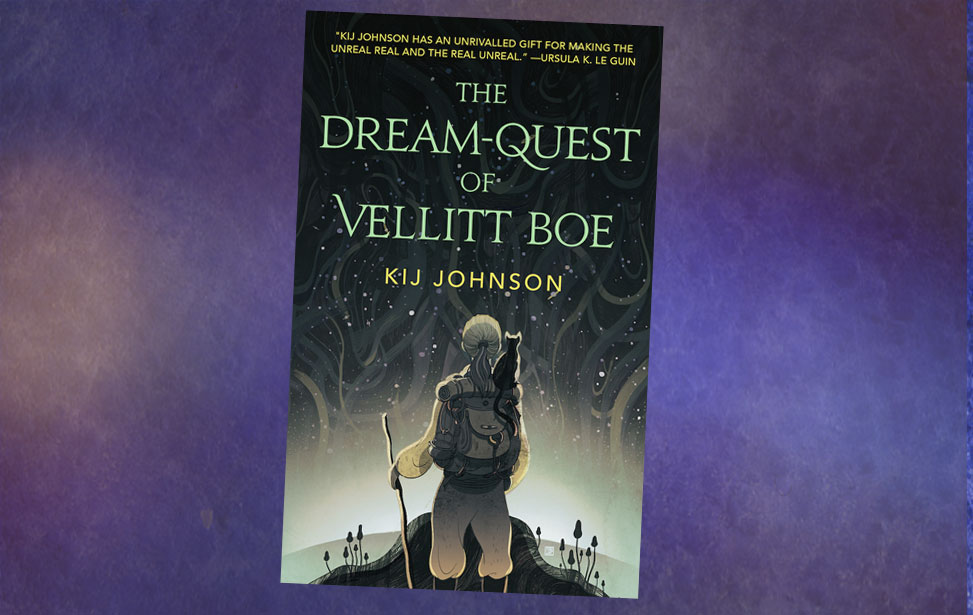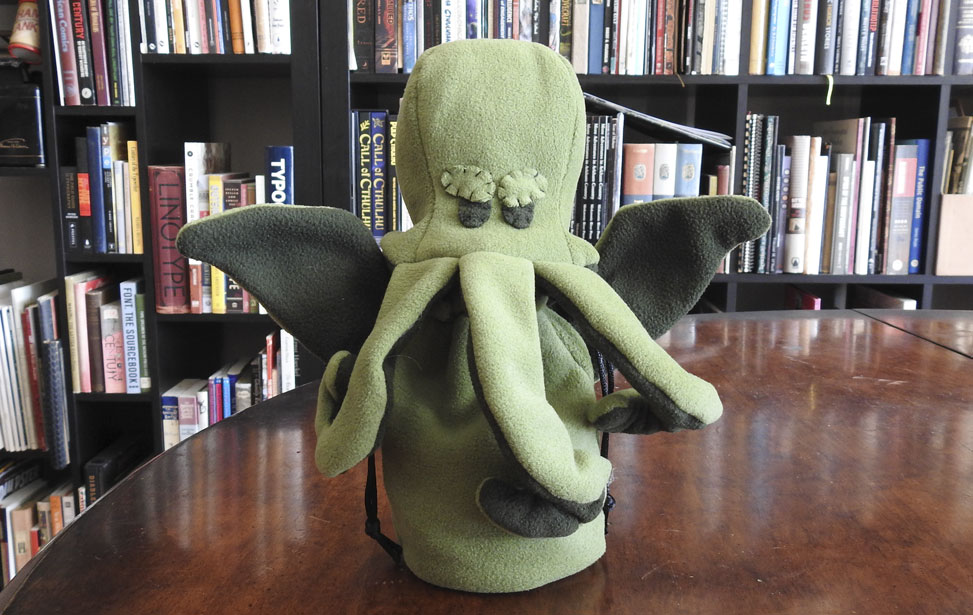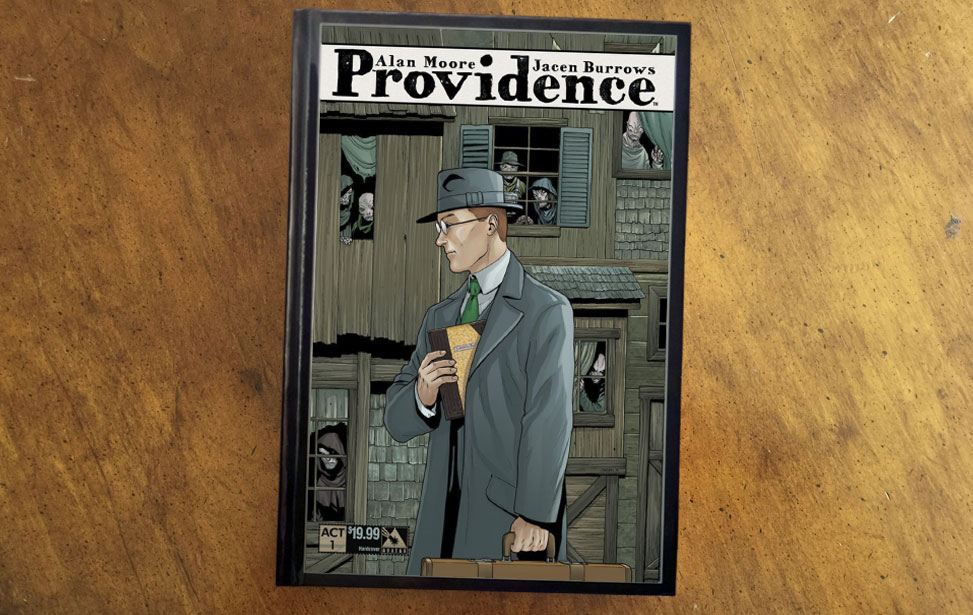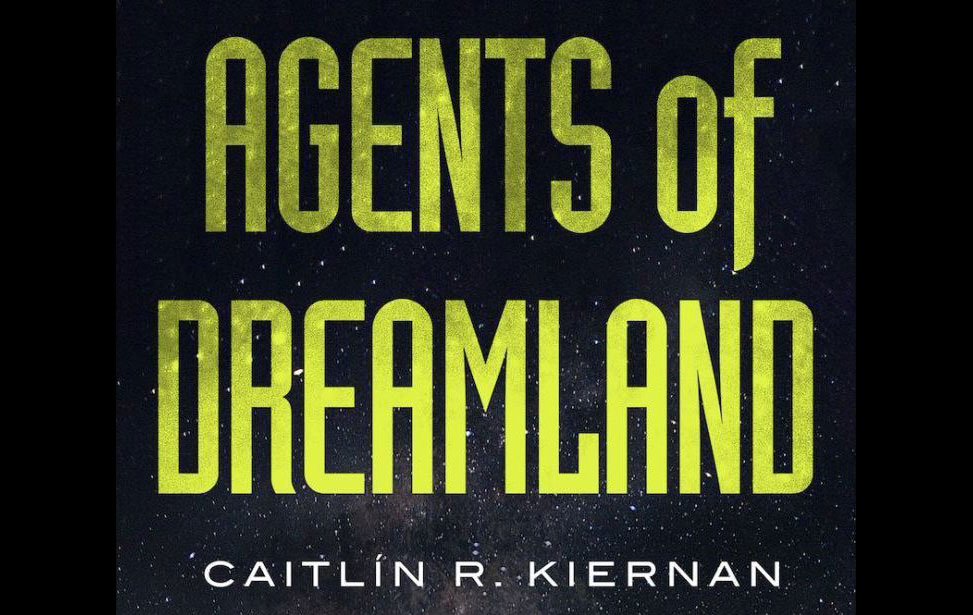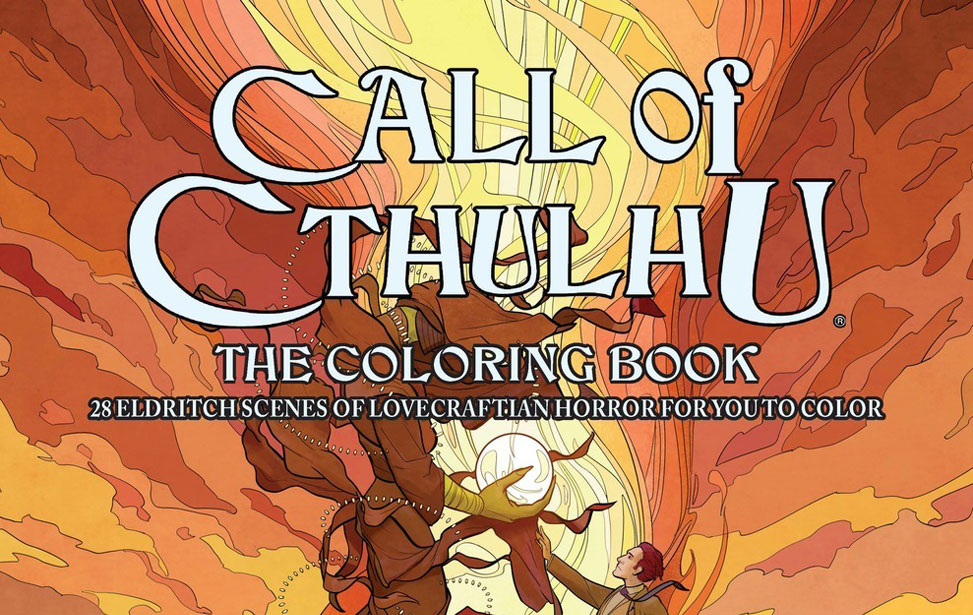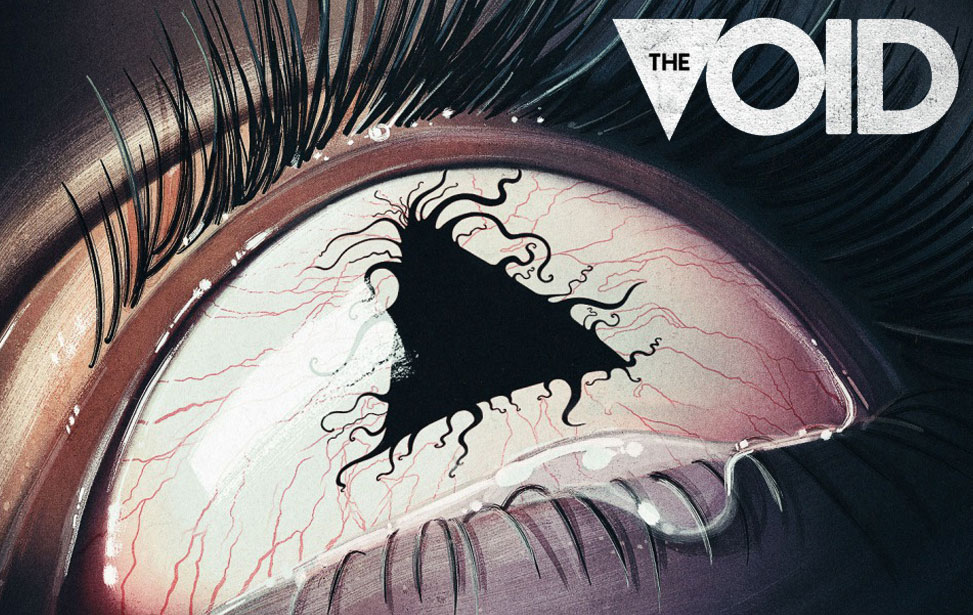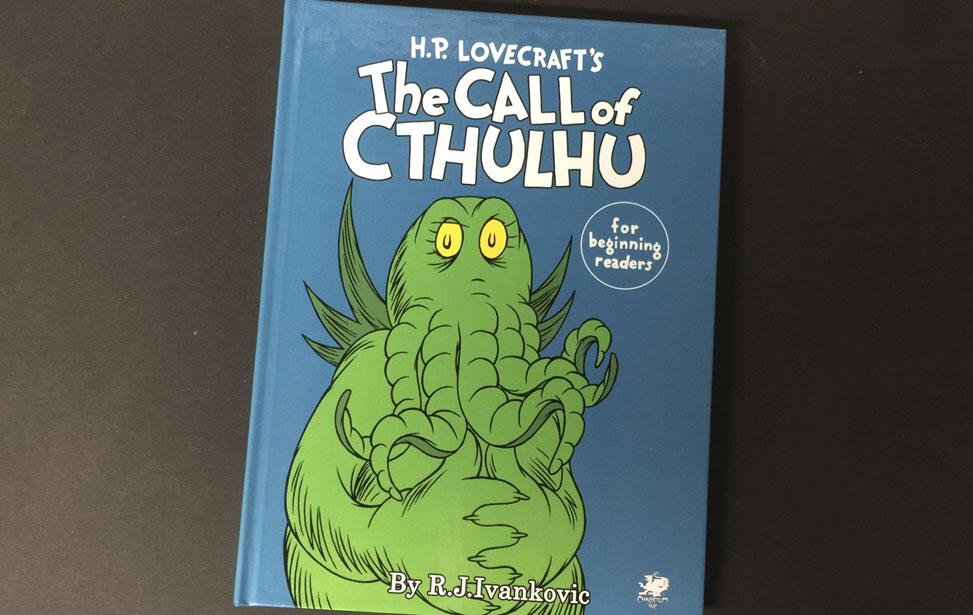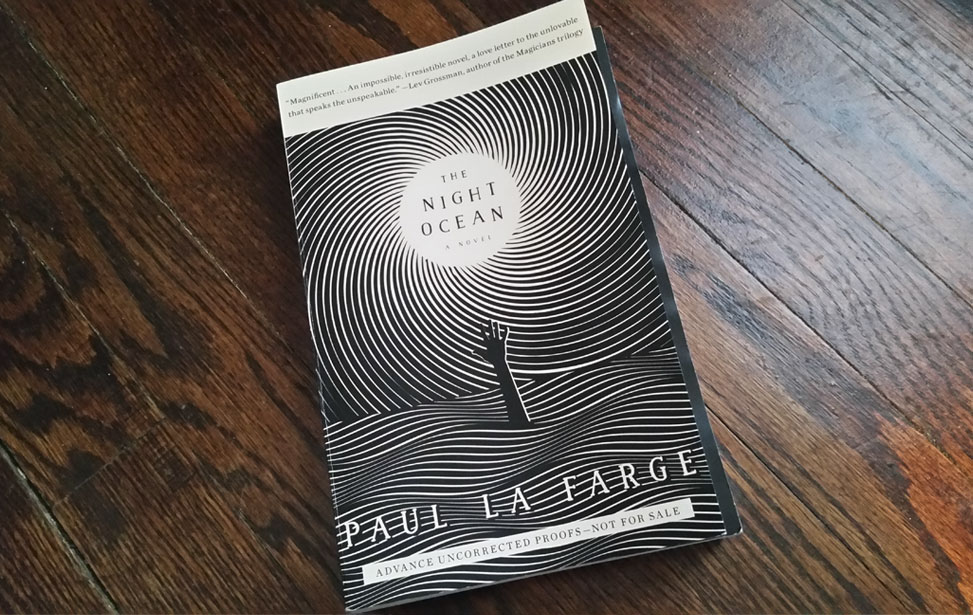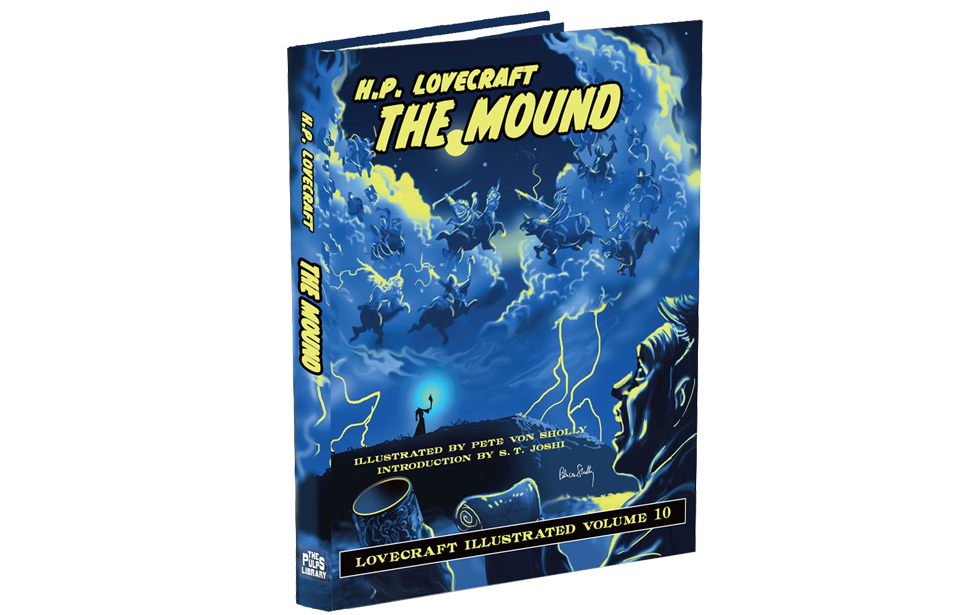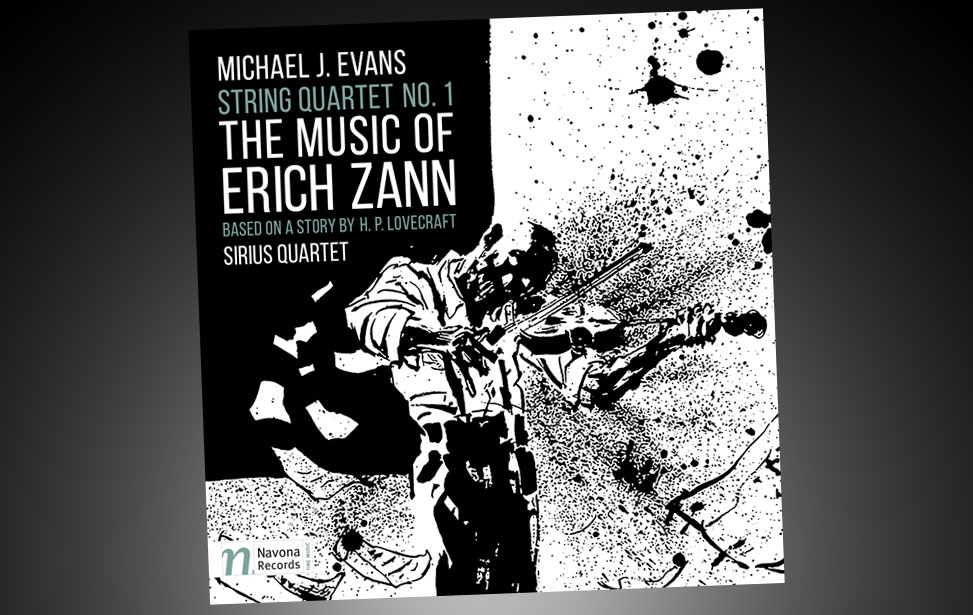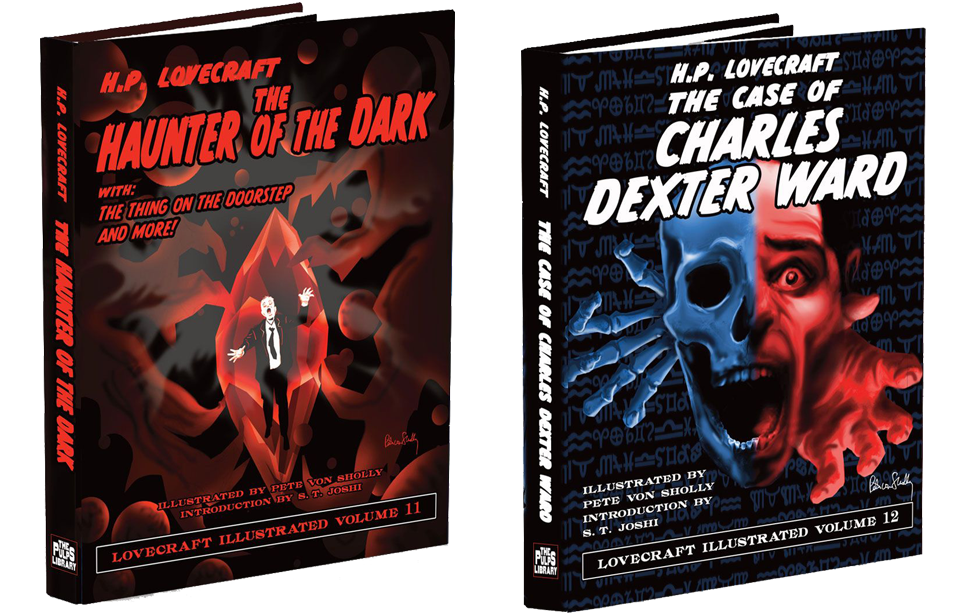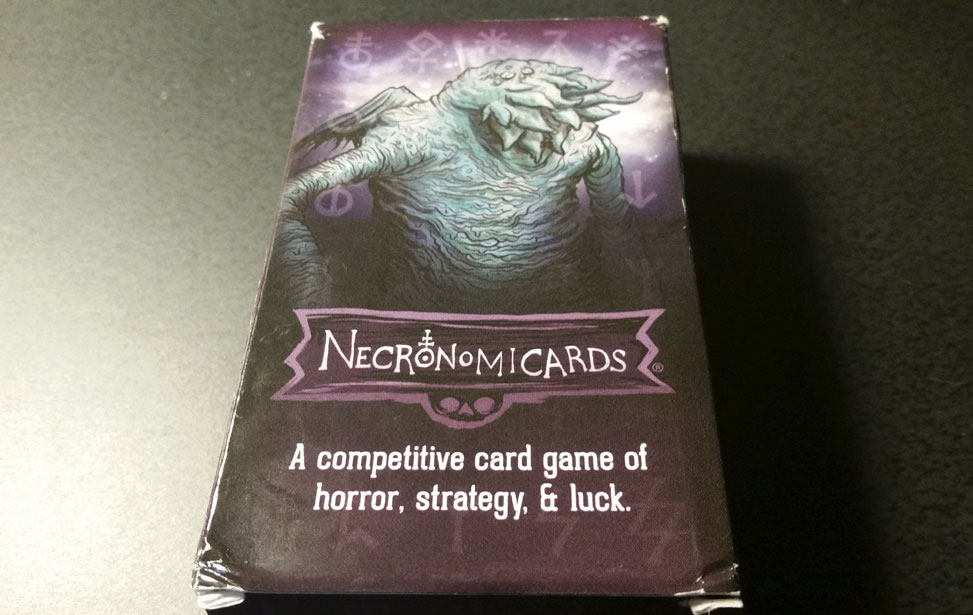H.P. Lovecraft: Selected Works, Critical Perspectives and Interviews on His Influence
This is a one-stop collection of important Lovecraft writings, scholarly criticism, and insights from Lovecraft-inspired contemporary authors. While not exhaustive, it’s a quality, varied overview of Lovecraft from multiple points of view.
- Overall: B B B B B
- Quality: Q Q Q Q Q
- Value: V V V V V
- Edited by Leverett Butts
- Published by McFarland
- Price: US $39.95
Review by James K. Nelson
August 13, 2018
This is a volume intended for use as a college text, collecting some of Lovecraft’s writings, critical essays by scholars of Lovecraft, and a selection of interviews and personal essays from writers influenced by Lovecraft. It thus serves a purpose as a one-stop, all-in-one package to introduce Lovecraft in a scholarly context, but it may well interest a wider audience, of those keenly interested in Lovecraft’s writings and are willing to dip their toes into a more academic milieu, even if they aren’t literature students themselves (or their lit professor).
This volume, edited by American Literature professor and Lovecraft fan Leverett Butts, falls into three main sections. The first, after a brief preface, is a selection Lovecraft’s writings, including five of the usually accepted “major” mature works of fiction, plus the brief “History of the Necronomicon”, a lightly edited version of the essay “Supernatural Horror in Literature”, and selections of poetry (the savagely satirical “Waste Paper”, and the complete “Fungi from Yuggoth” cycle). This provides a good overview of Lovecraft’s writings for the primary intended audience.
The second section is a group of essays of literary criticism, including an almost obligatory piece from S.T. Joshi, undoubtedly the most prominent scholar of Lovecraft writing today, but also a range of other writers less well-known for Lovecraft scholarship. This is the scholarly heart of this text, and it’s a mostly excellent overview not just of aspects of Lovecraft’s writings but also of approaches to literary criticism. Joshi’s essay touches on the formal aspects of Lovecraft’s narrative structure, while the very next essay by Robert M. Price, “Cosmic Fear and the Fear of the Lord” tackles fundamental thematic elements of the work - and while I think Price gets things wrong, it’s a great piece of writing that almost inspires me to write a term paper right now! (Maybe Butts will grade it for me...) The rest of the essays are similarly wide-ranging, with only one essay drifting off into a certain...non-rigorous style that I sometimes dread when I delve into literary criticism. While by no means an exhaustive scholarly analysis, this is an interesting and mostly well-chosen sampling.
The final section, in which contemporary writers speak of the influence of Lovecraft (either through interviews or through essays), will have broader immediate interest. I was especially excited to see an essay from T.E.D. Klein, a notoriously unprolific but superb writer of weird fiction who contributes a compelling and personal account of his relationship with Lovecraft’s writings. One eyebrow-raising oddity in this section is an interpretation of Lovecraft’s astrological chart by author Richard Monaco, but it becomes clear that came about during the interview with the seemingly eccentric Monaco, who was clearly inspired to deliver the chart to editor/interviewer Butts. Butts dutifully includes it, although even Lovecraft himself would presumably have rolled his eyes at this “pseudo-science” and “occult art”.
General Lovecraft readers will be reasonably well-served by the literary selection of this book if this is their introduction, but true fans will likely either already own or know how to access free versions of most of these writings (although “Waste Paper” had actually eluded my notice until now, I admit). This is important to note because approximately two-thirds of the volume’s total page count is devoted to Lovecraft’s writings. This makes sense for an assigned volume for a college student, but may be less attractive to a reader who already has a shelf and/or e-reader full of Lovecraft tomes.
With that important caveat, I recommend this text as diverse and well-chosen sampling of academic writings about Lovecraft, with an additional interesting sampling of musings from Lovecraft-inspired authors. As an important pricing note, the current e-book pricing of this book is considerably lower than for the physical copy.
